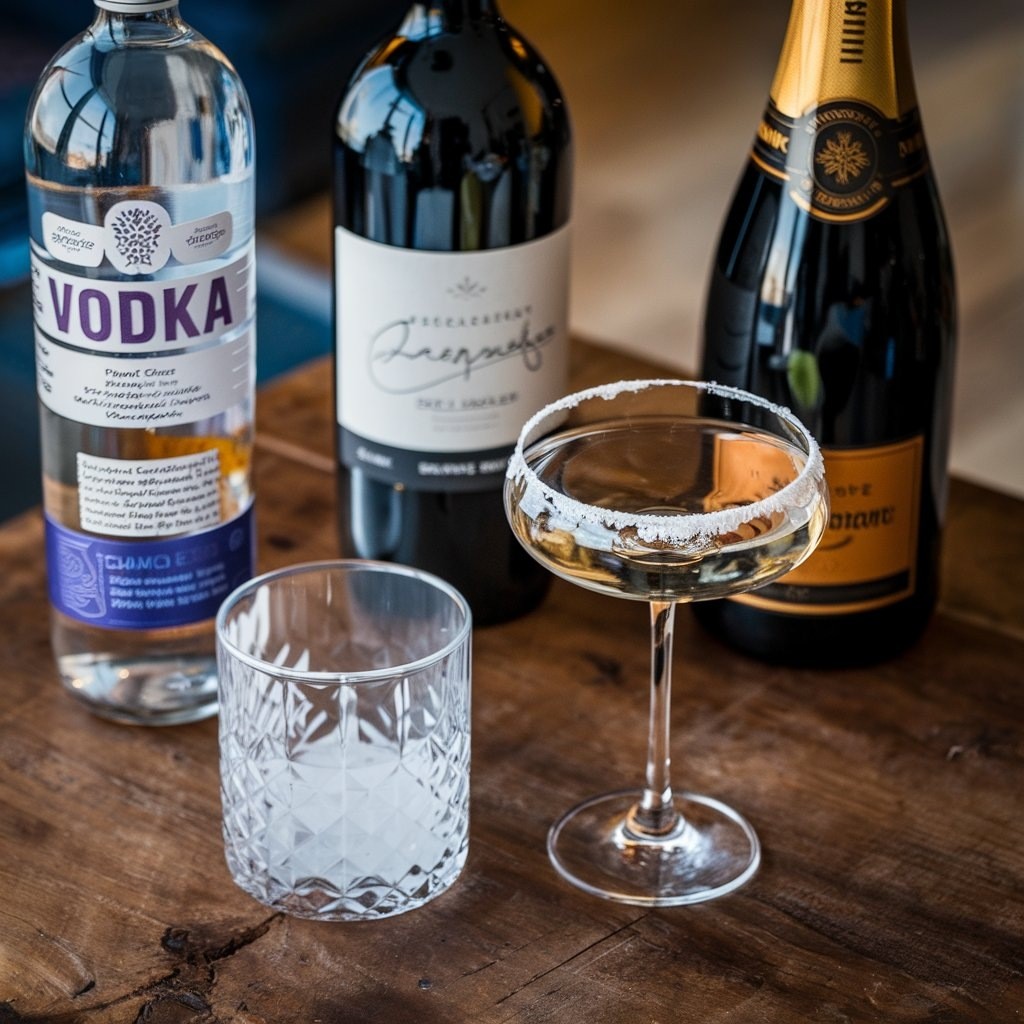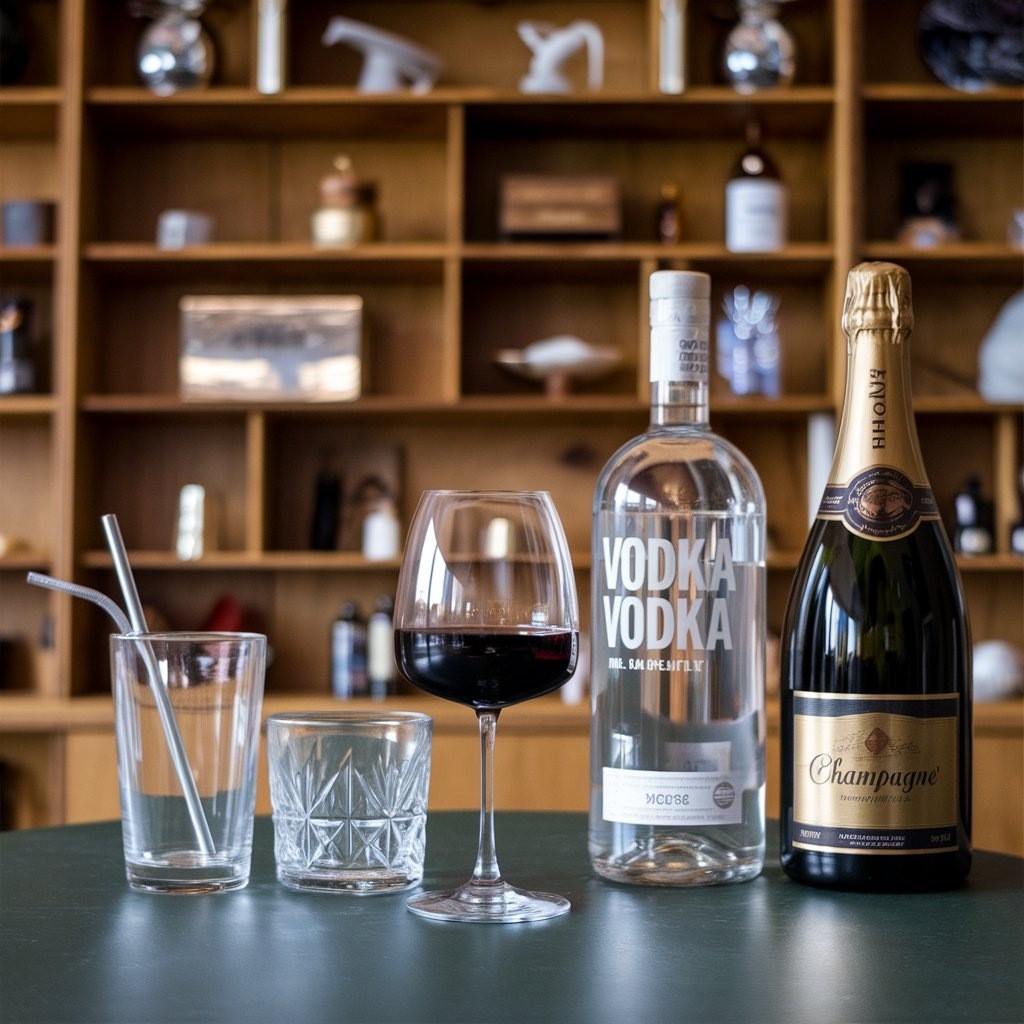The World’s Most Bizarre Alcohol Laws: Shocking Rules You Never Knew Existed
Alcohol is part of many cultures, but laws about its use, sale, and production vary wildly around the world. Some rules feel almost unbelievable, while others are stubborn relics of older eras. Here are the strangest alcohol laws you might not know exist, and what they reveal about place, power, and tradition. From a Depression-era relic in Australia to concealment rules in Utah, and stringently timed sales in Thailand, these laws show how communities decide what you can sip, where, and when.

In This Article:
Australia: The 50-Kilogram Potato Alcohol Ban
In Western Australia, it's illegal to transport more than 50 kilograms of potato-based alcohol in your car without a special permit. This regulation was born during the Great Depression to regulate the black market for potato-based liquor. Although it feels outdated, the statute remains on the books, a relic that still shapes how some routes move their wares.

Utah, USA: Bars Must Be Veiled
In Utah, bars serving alcohol must prepare drinks behind a special 'veil' so customers cannot see how cocktails are made. The rule reflects religious influences in the state and aims to curb drinking, though many see it as an unnecessary intrusion into bartending. Thailand: Alcohol can be purchased only within two windows: 11:00–14:00 and 17:00–midnight; and on Buddhist holidays, sales can be banned entirely. Penalties for violations can be steep. Switzerland: Absinthe may not be mixed with coffee. That odd prohibition harkens back to concerns about combining stimulating substances.

Kerala, India and Iceland: Access Restrictions and Beer Legacy
Kerala's alcohol sales are restricted to five-star hotels with a rating of at least five stars; the policy aims to curb consumption while steering tourism revenue to premium venues, but critics argue it limits access for locals and harms small businesses. Iceland banned beer from 1915 until 1989; when the ban was lifted, Iceland celebrated with Beer Day, observed every March 1.

Singapore, Norway, Germany, and Indiana: Night Rules and Day Differences
Singapore forbids drinking in public after 22:30 and restricts late-night alcohol sales; penalties are severe for violations. Norway restricts Sunday alcohol sales; most drinks above 4.75% can only be bought in Vinmonopolet stores, which usually close on Sundays. Germany allows beer to be consumed from age 16, but other alcoholic beverages require age 18, reflecting the cultural place of beer in daily life. Indiana bans selling cold beer; customers must buy room-temperature beer to discourage on-site consumption.


